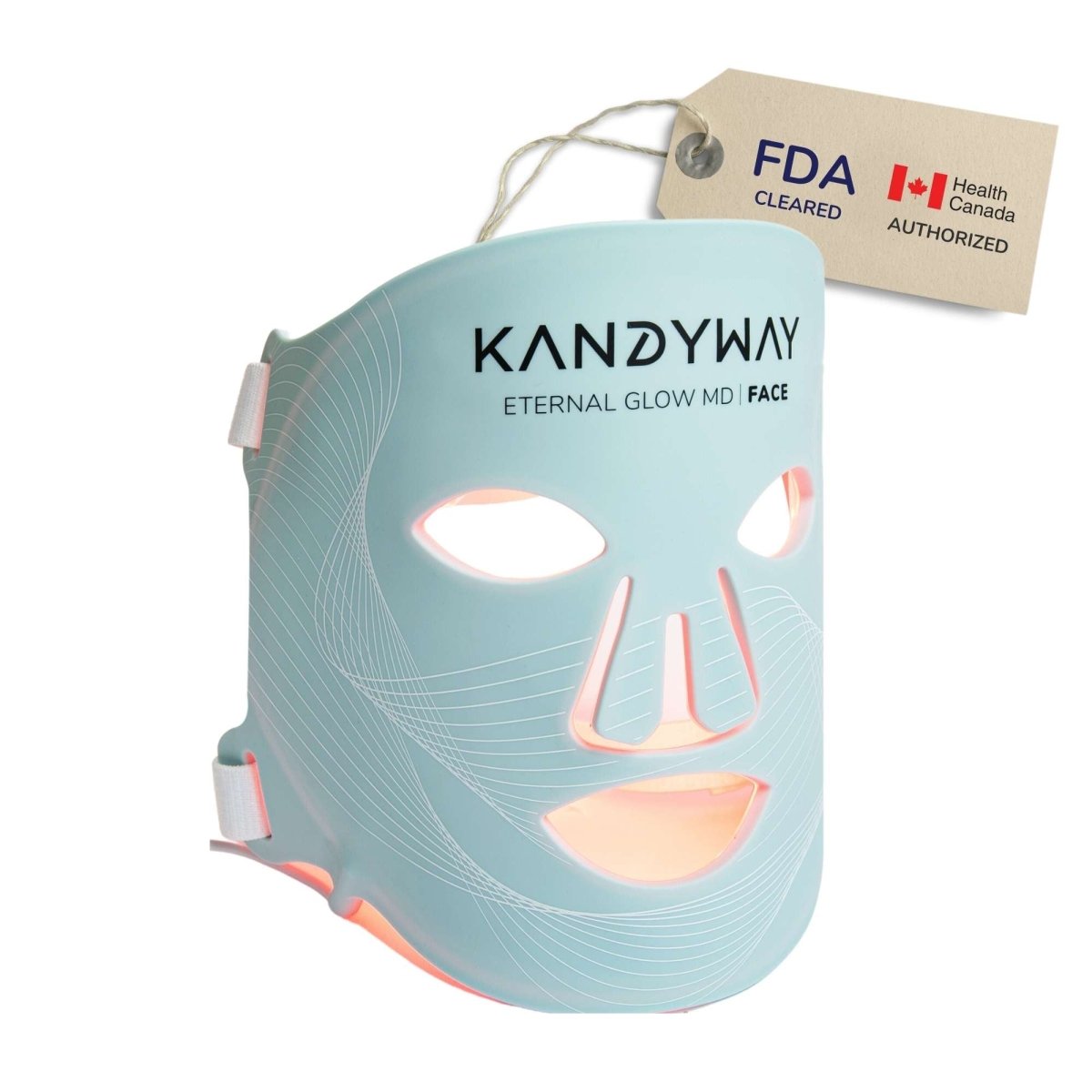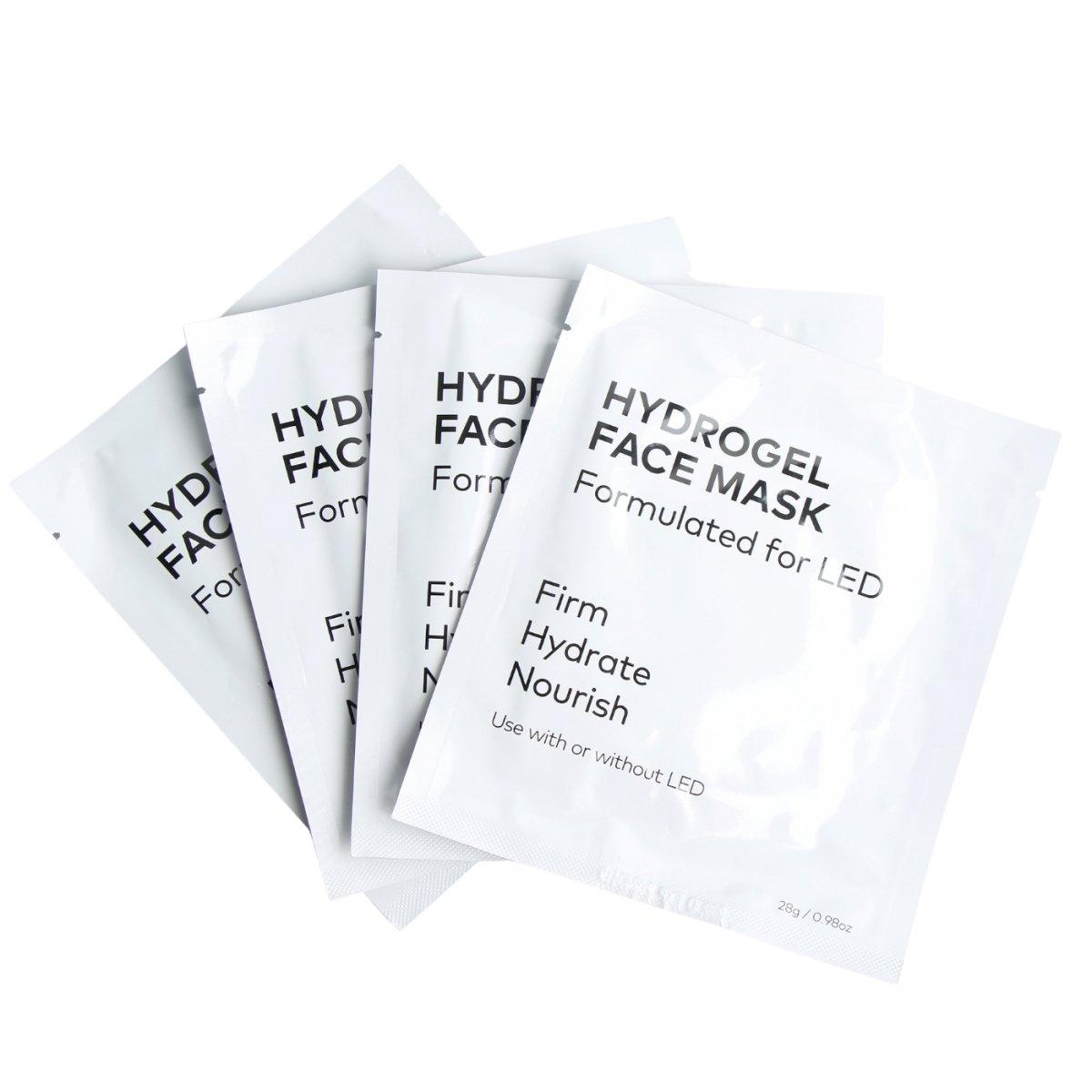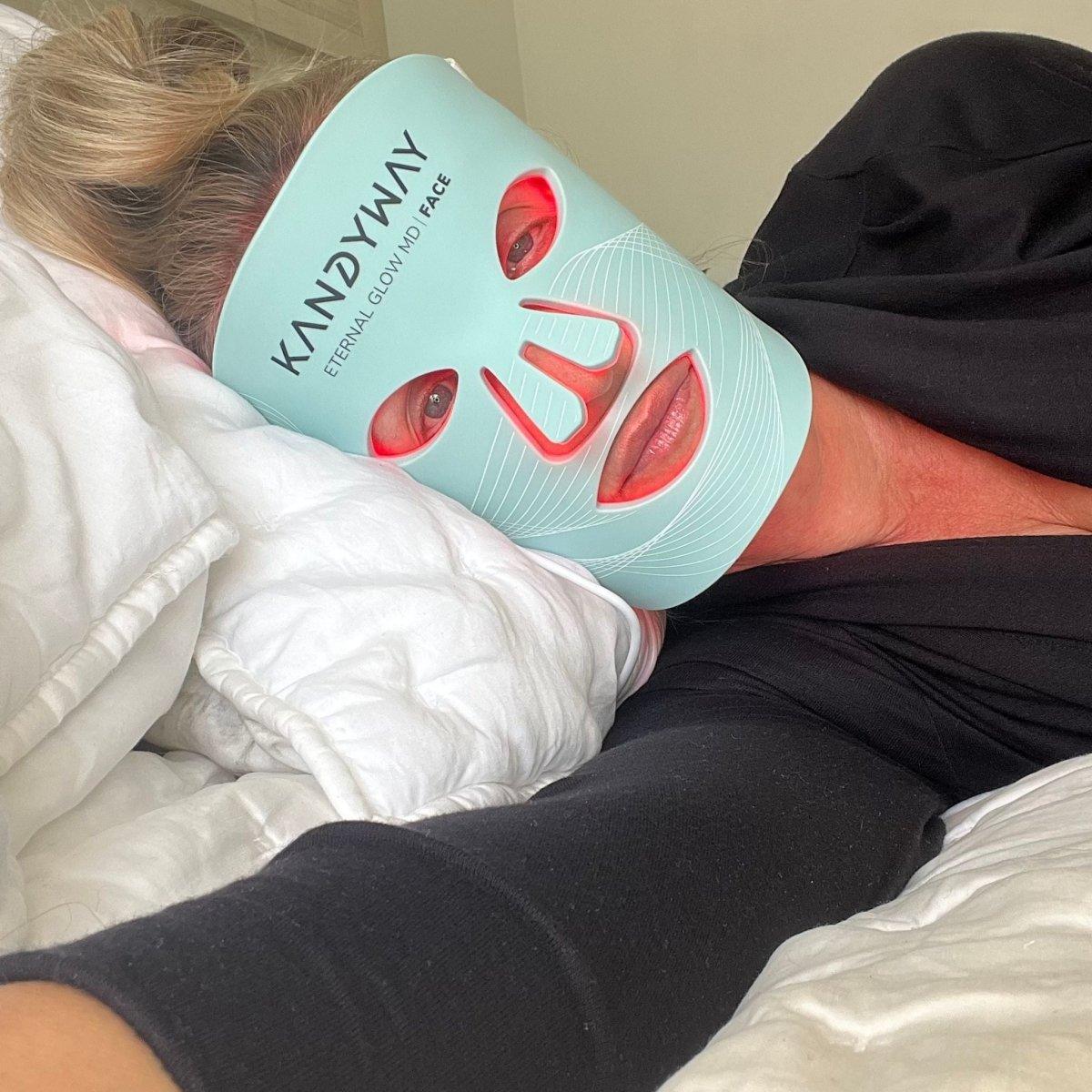As we get older, our bodies naturally begin to slow down. This is especially true if you've been eating a healthy, balanced diet and staying active. Unfortunately, there is no way to avoid getting older, but there are ways to mitigate its effects and even turn back the clock. So watch out for these familiar dietary foes we list in this post to prevent premature aging and its associated health problems.
Sugar is a major cause of premature aging

Sugar is a major contributor to accelerated aging. It is responsible for wrinkles, sagging skin, and weight gain. It can also result in melancholy, anxiety, and mood swings. If you have any of these symptoms, your diet likely contains too much sugar!
If you're not sure how much sugar is in the foods you eat, here's a handy chart that shows what foods have the most sugar:
-Candy (lollipops, hard candy, etc.) -Granola bars -Fruit juice -Soft drinks (including sports drinks)
Refined carbohydrates are also a major cause of premature aging.

One leading reason for accelerated aging is a diet high in refined carbs. White bread, pasta, and other processed meals like cookies and cakes are examples of refined carbs. Inflammation brought on by eating refined carbohydrate foods has been linked to skin damage, weight gain, and even more severe conditions like heart disease. Avoiding these foods can help protect your body from further damage and, in turn, delay the onset of premature aging.
Foods and beverages high in sodium can lead to premature aging.

Premature aging is caused by many things, one of which is a bad diet. Sodium, an ingredient often found in processed foods and restaurant fare, has been linked to health problems like high blood pressure and heart disease. Fluid retention and bloating are other possible side effects. Premature aging can be prevented by limiting the intake of salty condiments (like ketchup), pizza toppings (like pepperoni), soups (like canned chicken noodles), and salty snacks (like pretzels or chips).
Sodium and salt are not the same; salt is a compound of two different elements, sodium and chloride, and iodine is often included in table salt to ensure healthy thyroid function.
Be wary of food labels; not everything is as it seems. For example, while many people mistakenly believe that drinking fruit juice is a healthy alternative, the reality is that it has just as much sugar and calories as regular soda. Therefore, to maintain health and youthfulness, consume fruits rather than juice.
Pesticides and herbicides are responsible for premature aging.

Pesticides and herbicides are common causes of premature aging.
These chemicals can be found in many foods, including fruits, vegetables, and meats. The chemicals used to make pesticides and herbicides can cause premature aging by damaging your DNA or interfering with how your body absorbs nutrients from food.
A diet high in processed foods can also cause premature aging. In addition, the chemicals used to preserve and flavor these foods may harm your health.
Fast food can lead to premature aging as well.

You may be surprised to learn that fast food can also lead to premature aging. It's high in saturated fat and trans fat, which are linked to heart disease, diabetes, and other chronic conditions. And it contains refined carbohydrates that cause spikes in blood sugar levels; insulin resistance stemming from those spikes leads to accelerated aging. Fast food is also high in sugar (even if the sugar is natural), which contributes to glycation—the binding of sugars with proteins—and oxidative stress that accelerates skin aging.
Trans fats can increase inflammation and cause premature aging.

Trans fats are often found in fried foods, which can lead to various health problems. Studies have shown that trans fats cause inflammation, one of the main factors that cause premature aging. Foods such as sugar and processed meats can also cause inflammation.
To prevent premature aging and keep looking young for as long as possible, it's important to avoid trans fats because they're linked to high cholesterol levels and heart disease.
These simple steps will help you avoid foods that lead to premature aging.

Here are six simple steps you can take to help avoid foods that lead to premature aging:
- Avoid sugar. Sugar is a major cause of inflammation and oxidative stress, which can lead to accelerated aging.
- Avoid refined carbohydrates. Refined carbs break down into sugars in your body, which can also cause inflammation and oxidative stress (thus premature aging).
- Avoid sodium. Sodium increases water retention and raises blood pressure, which is associated with increased risk for certain cancers—including colon cancer—and heart disease. It's also linked with kidney disease, osteoporosis, and Alzheimer's disease. And excess sodium increases the amount of calcium excreted by your kidneys; this contributes to kidney stones and urinary tract infections (UTIs).
- Avoid pesticides and herbicides. These chemicals have been linked with several health problems, including cancer; reproductive issues such as infertility; hormone disruption like early puberty onset in girls; ADHD-like behavior in children exposed during gestation.
Conclusion
So, now that you know what foods you should be eating to help prevent premature aging, it's time to start making some healthy changes in your life. Of course, you don't have to ditch everything from your diet immediately; instead, try swapping one unhealthy food for another healthier option each week until all of them are gone. If you want some more tips and tricks on how to eat better and improve your overall health, check out our blog!










